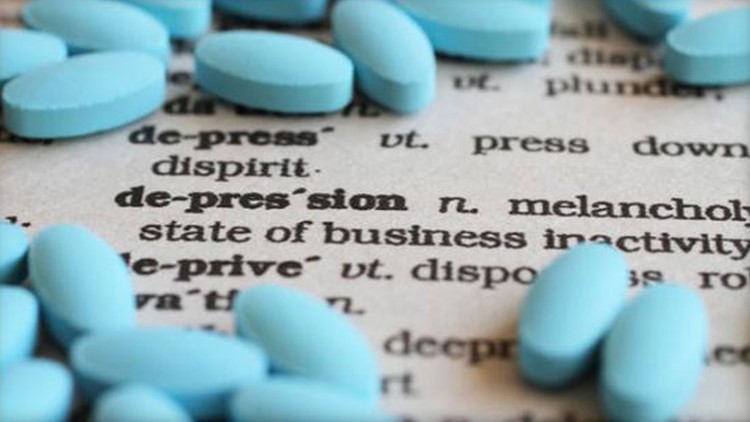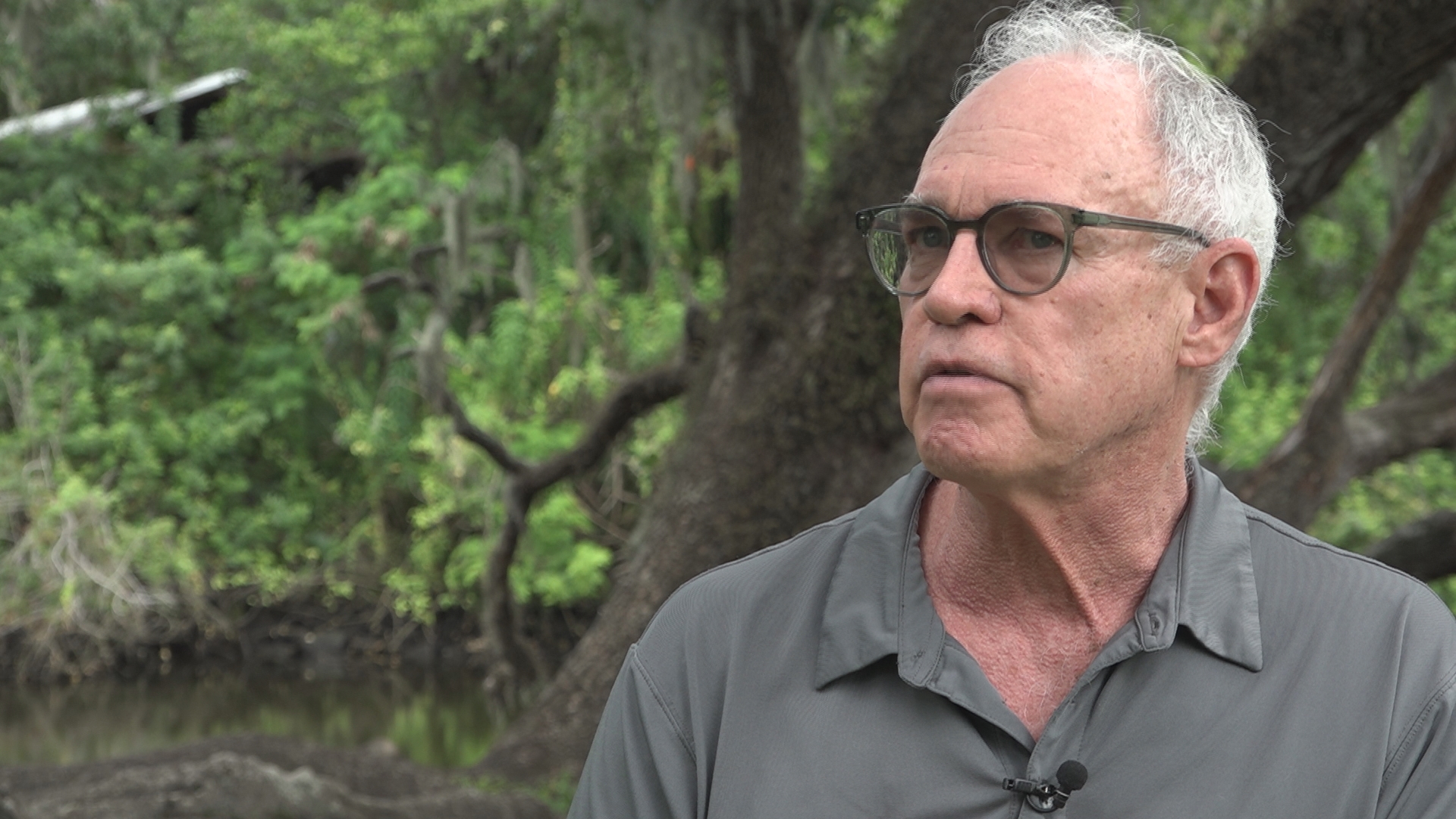ST. PETERSBURG, Fla. — A new study found a cheap antidepressant reduced the need for hospitalization among high-risk adults with COVID-19.
The research is part of a larger project hunting for existing drugs that could be repurposed to treat coronavirus.
Researchers tested the antidepressant because it was known to reduce inflammation and looked promising in smaller studies. The pill, called fluvoxamine, is normally used for depression and obsessive-compulsive disorder.
They've shared the results with the U.S. National Institutes of Health, the Associated Press reports. The researchers hope for a World Health Organization (WHO) recommendation.
“If WHO recommends this, you will see it widely taken up,” study co-author Dr. Edward Mills said to AP, adding that many poor nations have the drug readily available. “We hope it will lead to a lot of lives saved.”
It would only cost about $4 for a course of COVID-19 treatment.
Antibody IV treatments cost around $2,000 and Merck's experimental antiviral pill for COVID-19 is around $700 per course, AP explains. Some experts think various treatments eventually will be used together to fight against COVID-19.
The antidepressant was tested by researchers in nearly 1,500 Brazilians who recently tested positive for COVID-19 who were "at risk of severe illness because of other health problems, such as diabetes," AP reports.
Half of the participants took the antidepressants at home for 10 days while the rest got a placebo and were tracked for four weeks to see who went to the hospital, according to the AP. 16 percent of the people who took the fake pill needed hospitalization or extended time in the ER compared to the 11 percent who took the antidepressant.
The results of the study were published Wednesday in the journal Lancet Global Health.
As of now, different questions about the best dosing, whether lower-risk patients might also benefit and whether the pills should be combined with other treatments are still in the air, AP says.
Fluvoxamine and Merck’s COVID-19 pill work in different ways and “may be complementary,” Dr. Paul Sax of Brigham and Women’s Hospital said to AP.



